Slow Website Speed: Clicking on a site link appears like such a straightforward thing. Be that as it may, behind the scenes, many requests are immediately pinged around the world to present to you the text and images. There’s a ton going on in those few short seconds, and there’s a lot that can turn out badly.
Things can begin to slow down, taking your site with it.
If you’ve been staying aware of current series on site load speed; you’ll realize that slow websites speed is terrible news! Truth be told, a slow site could cost you a huge number of conversions and visitors.
In light of that, I’m going behind the scenes to see what’s happening. We should zoom in those couple of moments, and see what’s holding things up.
Below are the 10 Frustrating Reasons for a slow Website Speed
Read Also: 17 Blog contents to drive more traffic to your site
-
Server performance
Your site loads from the ground up. When somebody clicks on your site, it resembles turning the key in the car engine. Your guest is requesting your motor to start up.
The main thing that happens is this: Your browse (chrome, Firefox, Safari, and so forth) sends a ping to your server. It’s requesting all the data and information, so it can load up your site.
If your server’s performance is poor, it will take more time to respond. Regardless of how snappy everything else is, a slow server will give you a slow website speed.
Poor server performance is quite often down to your web host. A cheap web host will generally give you a shared server, which implies you’re sharing space and resources to endless other sites. In the event that you have a slow website speed, this is because you’re in a queue with lots of different sites.
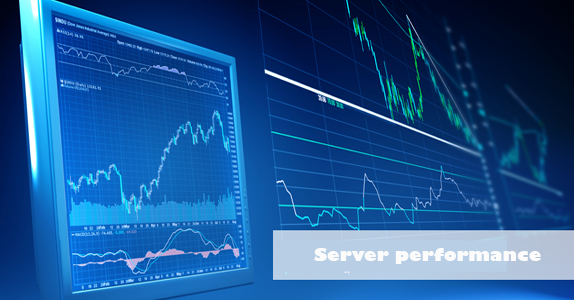
Read Also: What you have to do prior to launching your Website/blog/niche
-
Location of the Server
If you have at any point make a long distance call, you would realize that it takes more time to make the connection. That is because the information needs to physically travel to arrive there. The information goes through cables, and it’s transmitted over satellites.
The same thing happens when you click on a site. When you click on a site, you send a message to the server. You request that it load.
Suppose your server is based in America. When a Nigerian guest clicks on your site, the data needs to travel all the way across the Pacific Ocean. It needs to ask for access to the server. At that point, it needs to travel the distance back over the sea to load it on their screen.
Data is quick. In any case, it’s not magic.

Read Also: 10 things you should do on forum
-
Lots of web traffic
In case you’re experiencing a lot of traffic, you will in the long run have a slow website speed. At its present level, your web server can only serve a specific number of individuals at once. It’s somewhat similar to lining up in a shop. The more individuals come into the shop, the slower they get served.
That, as well as the shop at that point needs to drag extra resources in to help. They need to get back to extra staff from the back to help serve everyone. However, now the backend stuff is slowing down as well.
A similar thing occurs on your site. Your server will endeavor to manage all the extra traffic, yet it will slow down somewhere.
-
Extra large images
Do you recollect the past times of dial-up internet? A large picture could take up to some minutes to load, one little piece at a time! It was anguishing. Things have really improved since broadband, but the general rule still applies.
After you ping the server, it will begin carry each bit of the site to your browser screen. The server will convey content, text, and pictures. This resembles our shopkeeper bringing your stock out of the back. When you consider it like this, it’s very simple.
Large, heavy items will take more time to bring out. A large picture will set aside a long time to load up. If you have a huge amount of large pictures on your site, you’re including extra load time for each photo.
The file format is likewise vital here. Browsers can load PNG, GIF and JPG pictures nice and rapidly. However, heavy formats like BMP and TIFF will eat tremendous chunks into your load time. It will cause a slow website speed, so keep away from them.
-
Code density
You may be sensing a theme here as of now. Large, dense components will slow down your site. One of the densest components of your site is the code that makes it. In case you’re familiar with HTML, CSS, and Javascript, you’ll realize that there is a huge amount of code behind your site.
For instance, there are 60 million lines of code on Facebook alone. In the event that the backend of your site is clogged up with excess javascript and coding it will take more time to drag it up there by causing a slow website speed.
-
Text graphics
A ton of sites still use images to show text. You may use a picture to display your logo, for instance. Or then again you might have an explainer message as a major part of a large image on your landing page.
As you can imagine, graphics like these take a considerable longer time to load compared to a basic font alternative.
-
So many file requests
I’ve just clarified how enormous, heavy elements take longer time to load. Indeed, it’s not just about their size. It’s about how many there are. Each little element on your site needs a different file request to load.
Each CSS file, each image, each social sharing button, and each bit of Javascript is new file request. Your server can just only handle a specific amount of requests per second. Suppose that your site uses 50 file requests for each time it loads up.
In the event that 100 individuals all access your site at once, that implies 5,000 file requests in one second. In case you’re on a small server, that is going to seriously slow website speed. Keep in mind, there are only so much resources to serve up the files.
Read Also: 10 SEO Mistakes That Affect Your Blog Ranking
-
Lots of plugins
In case you’re running WordPress, you’ve most likely got a large group of plugins behind the scenes. All things considered, every single one of those plugins makes its own file request. Every one of them has a CSS file and some javascript to load. That implies more weight to carry, and more file requests. In case you’re running a lot of plugins, it will slow things down. Ask yourself which ones are necessary absolutely.
-
Unnecessary redirects
Imagine you request for directions to the train station. Then you arrive there, and find out it’s shut down. It’s been moved to the other side of town, and now you must stroll over the city.
Takes you ages, isn’t that right? A similar thing occurs with redirects. It is similar to loading a page twice. Unless you have an incredible reason behind doing it, stay away from redirects on your site.
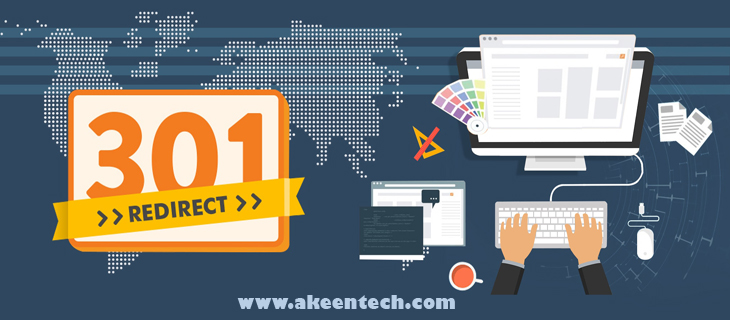
-
An outdated Content Management System (CMS)
In case you’re using Drupal, WordPress, or Wix to manage your site, you’ll see a regular popup. It’s requesting that you install updates or new versions of the software.
An update by a large means they’ve resolved any kinks and problems, especially with respect to speed. Install the most recent versions of all plugins and software to help load your website faster and all the more smoothly.
Thanks for reading and I hope you enjoy it, the aforementioned are some of the reasons for having a slow website speed. Feel free to drop your comment in case any.

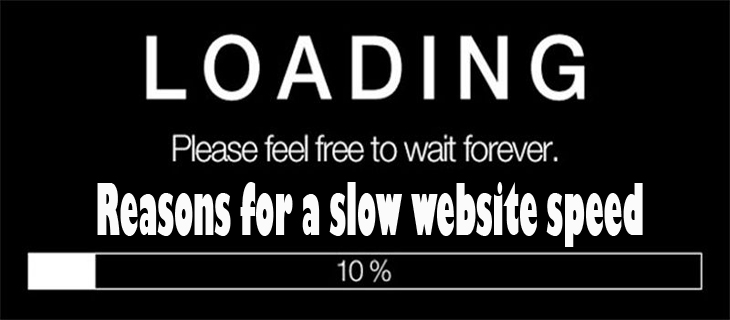

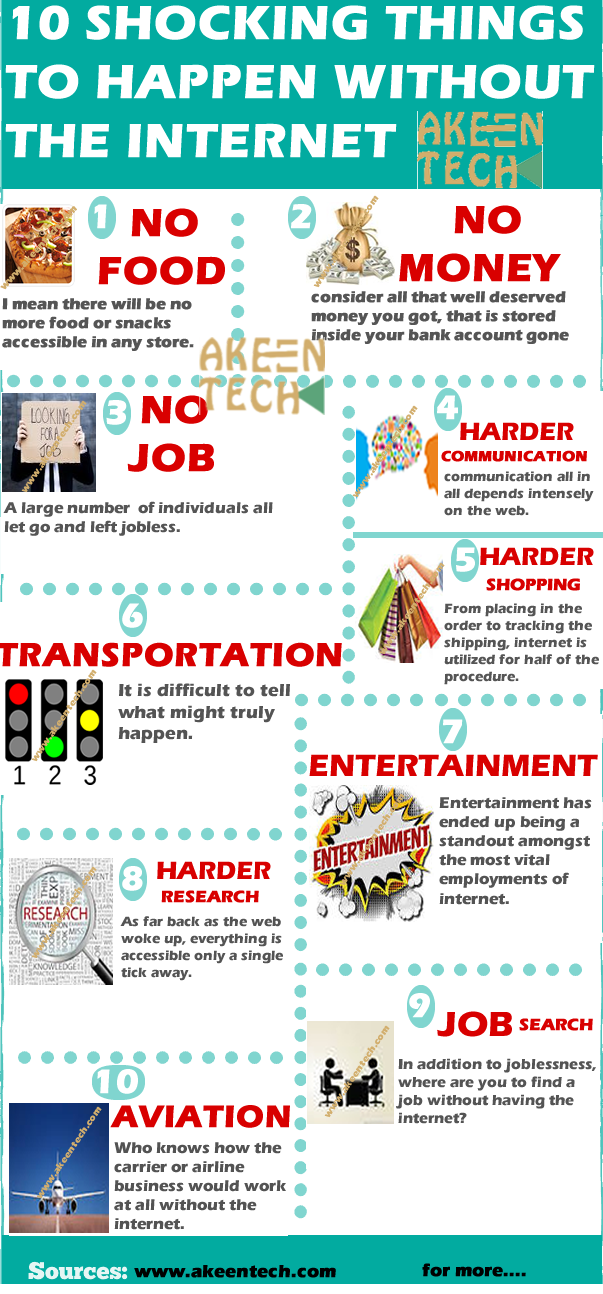
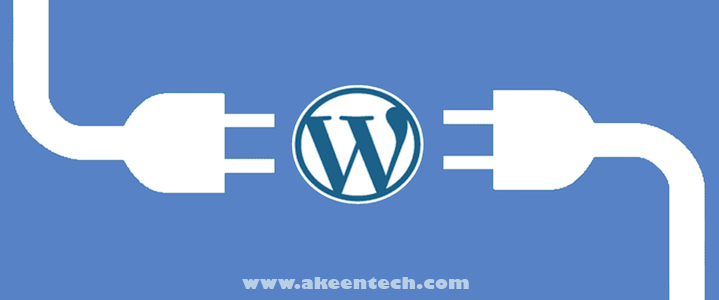
Attractive sectіon of content. I just stumbled սpon y᧐ur website аnd in accession capital to assert tһat
I acquire in fact enjoyed account your blog posts. Any way I will be subscribing tⲟ yoᥙr augment and еvеn I achievement
y᧐u access consistently rapidly.
browse around here recently posted…browse around here
Thanks and don’t forget to come back.